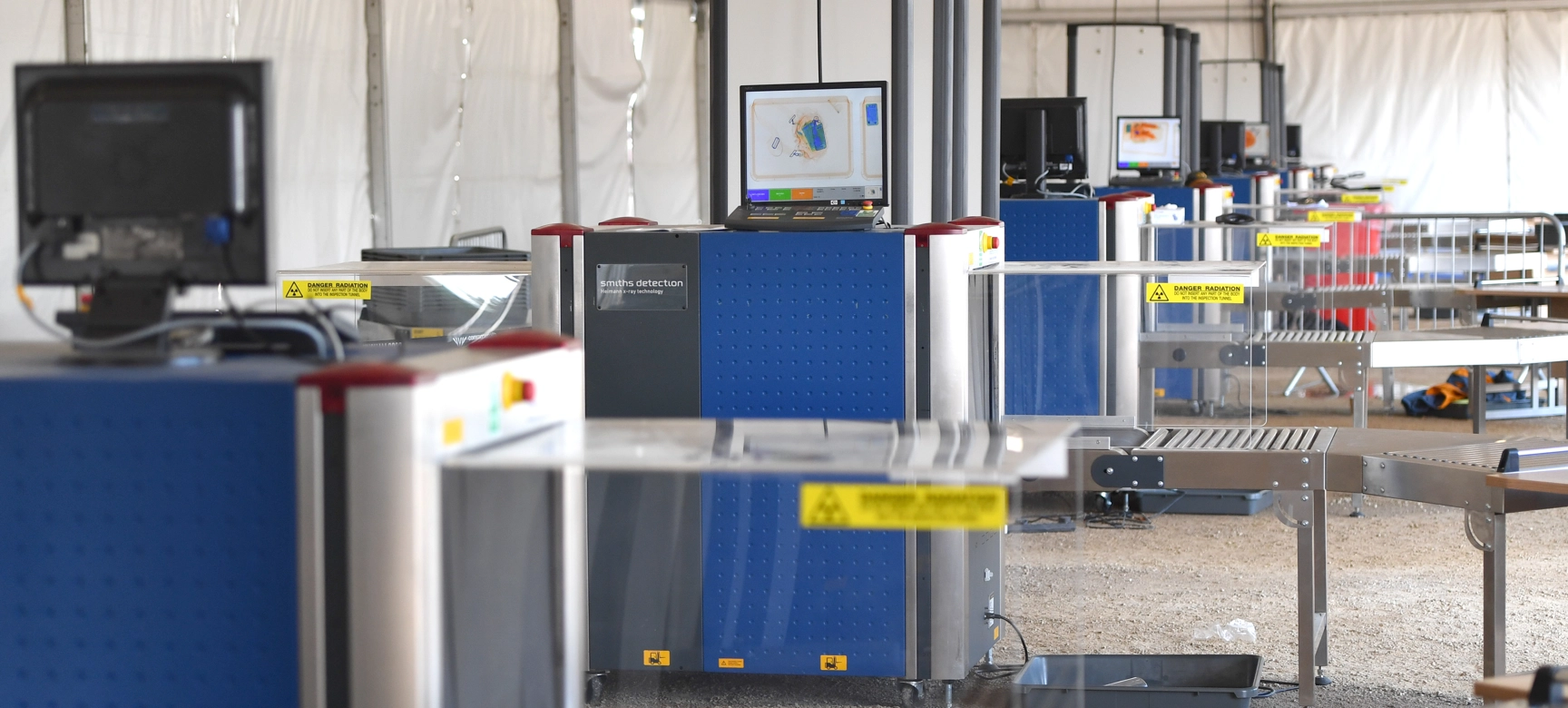
1 February 2024
Sustainability has been a priority at Smiths Detection for years.
We’ve introduced an intensive waste management programme to divert site waste from landfill; begun a programme to electrify our global service vehicle fleet; have all our manufacturing sites running on renewable energy; and a recent rooftop solar installation at our site in Johor Bahru, Malaysia is now supplying a portion of the facility’s energy needs, with further solar installations at other sites in the coming year.
And while a lot has been achieved, we’re continually considering ways that we can improve the sustainable performance of our equipment and our operations – with the aim of bringing ongoing benefits to our customers.
One way we’re achieving this is by embedding principles of ‘circular economy’ – a ‘closed-loop’ system designed to minimise waste by extending the working life of products and materials through repair, refurbishment, reuse, re-ownership and, of course, responsible disposal – into our product life cycle and business processes. Here are a few ways we’re doing this:
Design
While circular opportunities exist during a product’s use stage, the ease with which these can be realised is set in the design stage. The design stage is critical for ensuring sustainable manufacturing and service implementation requirements are considered from concept – as adding this later is difficult and wasteful. By doing this we can help build and maintain products that last years and years, with the potential to be used by a number of customers. At the design stage we consider product energy efficiency, supply chain, serviceability, and end-of-life.
Service and Renew
We’re committed to making equipment that stands the test of time. But the reality is that every hard-working system needs regular service and maintenance to ensure performance and maximise the life of equipment. By designing for service, our 700+ people service team is able to preventatively maintain systems and replace parts as needed before failure.
At the same time, our growing digital offering allows for easy, on-the-spot upgrades that can renew in-service equipment by adding capability, helping keep systems in use for longer – such as iCMORE, which can be added to X-ray equipment to enable the automatic detection of threats.
Refurbish and Reuse
We see enormous potential for refurbishment and for passing on the benefits to our customers. Smiths Detection’s service contracts are moving to explicitly include the use of refurbished parts. In the last fiscal year this saw more than 7,000 reworked parts return to active service. That’s 7,000 parts that didn’t use new natural resources or generate production emissions – and we’re looking to magnify this outcome significantly by rolling the practice out worldwide.
We’ve also proved that whole ‘pre-owned’ systems don’t represent a compromise in security, and on a very high-profile stage. Through our Certified Pre-Owned Programme of resale and leasing, we supplied the Birmingham 2022 Commonwealth Games with a high-spec fleet of screening units that had previously been used by one of our US customers. Repurposing more equipment for use in the rental and leasing markets allows us to provide our equipment to new markets where the price of original equipment may be a barrier.
Responsible Disposal
When a system does reach the end of its functional life, all customers are encouraged to contact Smiths Detection so we can ensure it is recycled sustainably and in accordance with relevant regulations.
This process doesn’t just create the opportunity for responsible disposal: decommissioned systems could – and should - also be harvested for parts that can be re-deployed in another system. An industry-wide commitment to this activity would soon build a significant impact: in our fiscal year 2023, Smiths Detection alone averaged the recovery of more than one unit per day.
Find out more about Responsible Disposal at Smiths Detection here.
Responsible business
Combined, our repair-recycle-reuse strategy has proven that a ‘circular economy’ approach is smart business: it helps mitigate the vagaries of global supply chains, can reduce costs, and it raises the environmental credentials of all parties.
But, most importantly, it has demonstrated how the security screening and detection sector can do its bit to help with global sustainability.
Roland Carter is CEO of Smiths Group.

Sustainability has been a priority at Smiths Detection for years
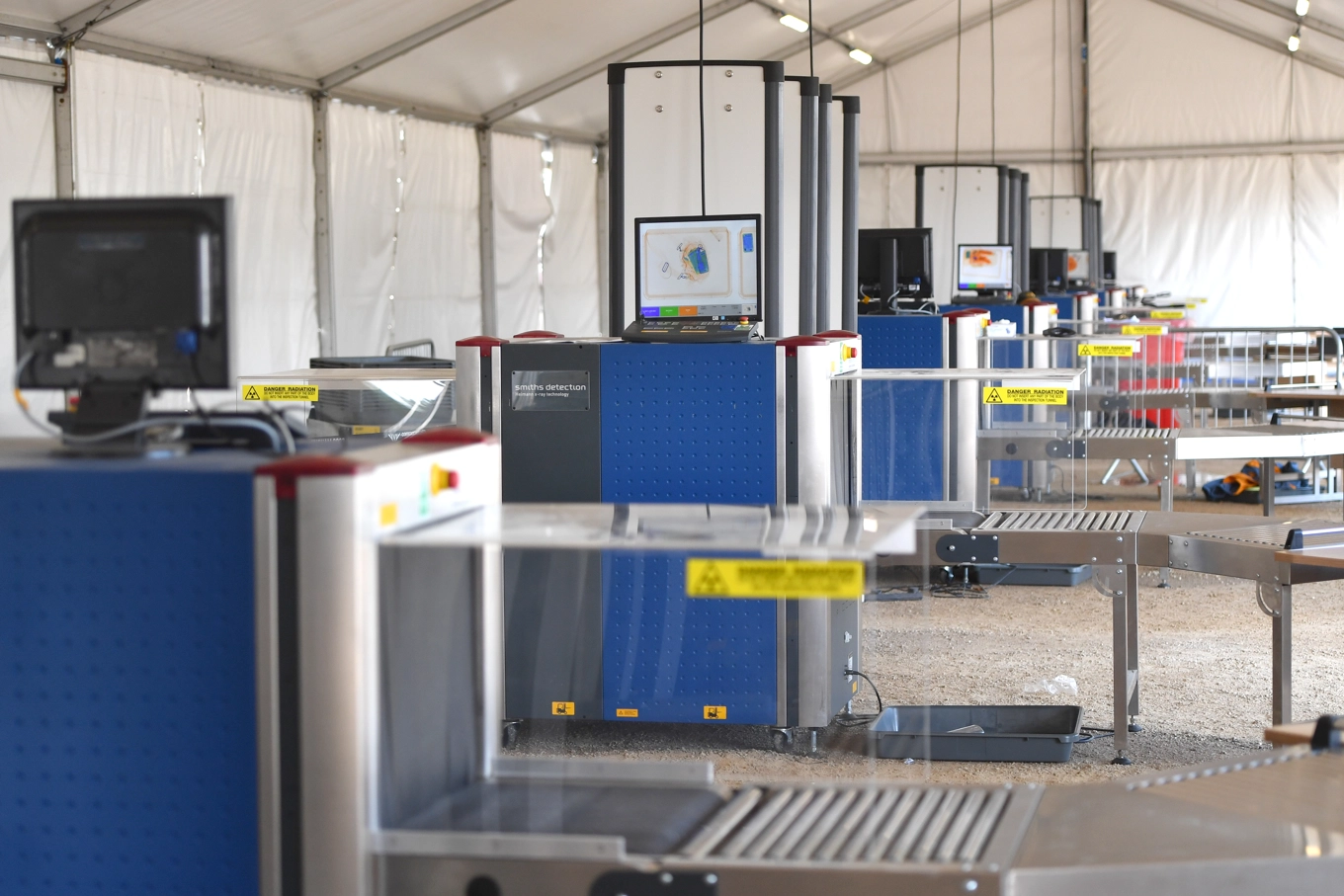
Refurbished Smiths Detection equipment used in the 2022 Commonwealth Games in Birmingham, UK
Related blogs
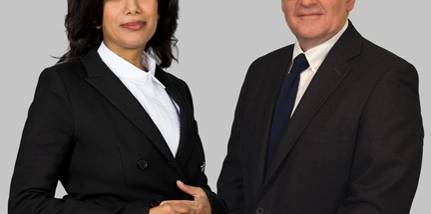
Building our engineering expertise and talent
Find out more
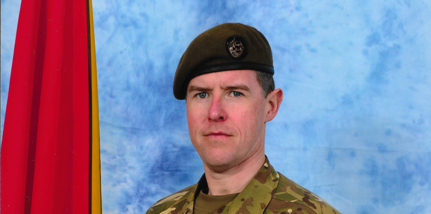
A strong sense of duty and a willingness to serve
Find out more
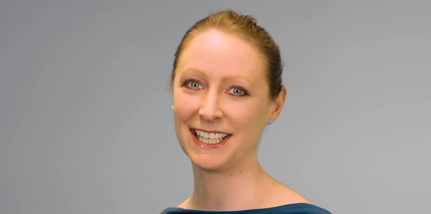
Growing the impact of the Smiths Group Foundation
Find out more


